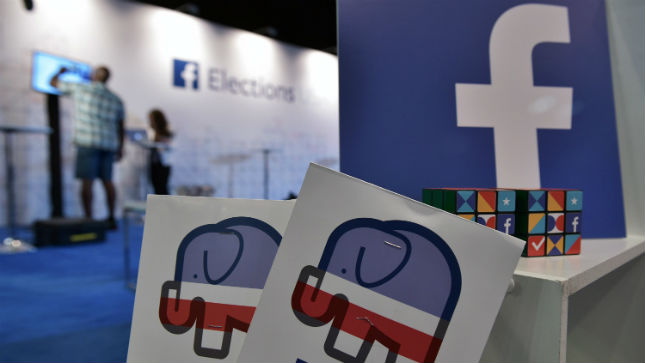Facebook Tackles Civic Engagement with Town Hall
Facebook were pioneers in the digital space revolutionizing the way people stay connected and now they are looking to make a mark in the political arena by helping their users become better citizens. Last week, Facebook rolled out a nonpartisan civic engagement service in the United States called Town Hall. Town Hall allows users to easily locate, follow and contact their local, state and federal government representatives.
For most elected officials, midterm elections show a slump in civic engagement come election day, but with Town Hall which is includes News Feed integration, users will be reminded to vote in the upcoming elections. The reminder to vote is nothing new. Since 2008, Facebook has reminded its users to vote in national elections, and according to internal research, its 2010 message impacted real-world turnout by 340,000 votes.
In an era where civic engagement has become less about sit-ins and more about keyboard warriors liking, sharing, and RTing, Facebook is working to leverage Town Hall to turn slacktivism into real world action. At first glance, this may seem strange, but Town Hall is only a fraction of Facebook CEO Mark Zuckerberg’s overarching plan to build a “civically-engaged community to help people engage in a thoughtful and informed way.”
Facebook’s Town Hall shows the promise of making it easier than ever to connect constituents with their elected officials and vice versa, and in today’s political climate, people everywhere are looking for a way to be heard and to hold their representatives accountable.
Town Hall can be found on the right side of users’ News Feed via a blue icon. On phones, it can be found under a button with three vertical bars with other Facebook tools. Like most things social media, the more data the user provides the more accurate the information. In this case, if the user provides their home address, Town Hall will show the user who represents them and at what level, allowing them to follow their posts.
There is no question that Town Hall fosters civic engagement beyond going to the polls by helping Facebook users learn who represents them and at what level. By promoting civic engagement, Facebook is turning the corner on being more than a social media outlet where people can connect, rather Town Hall is addressing its users yearning to be more engaged with the political process long after Election Day is over.
The question remains on if Town Hall will increase civic engagement beyond the computer screen and if it will move the needle with elected officials to talk less and listen more. Ultimately, the introduction of Town Hall removes the perceived barriers between constituents and their representatives. And in a world where everyone and their Mother uses Facebook, there is a great opportunity to encourage its users to be socially responsible and engaged outside the confines of their News Feed.

